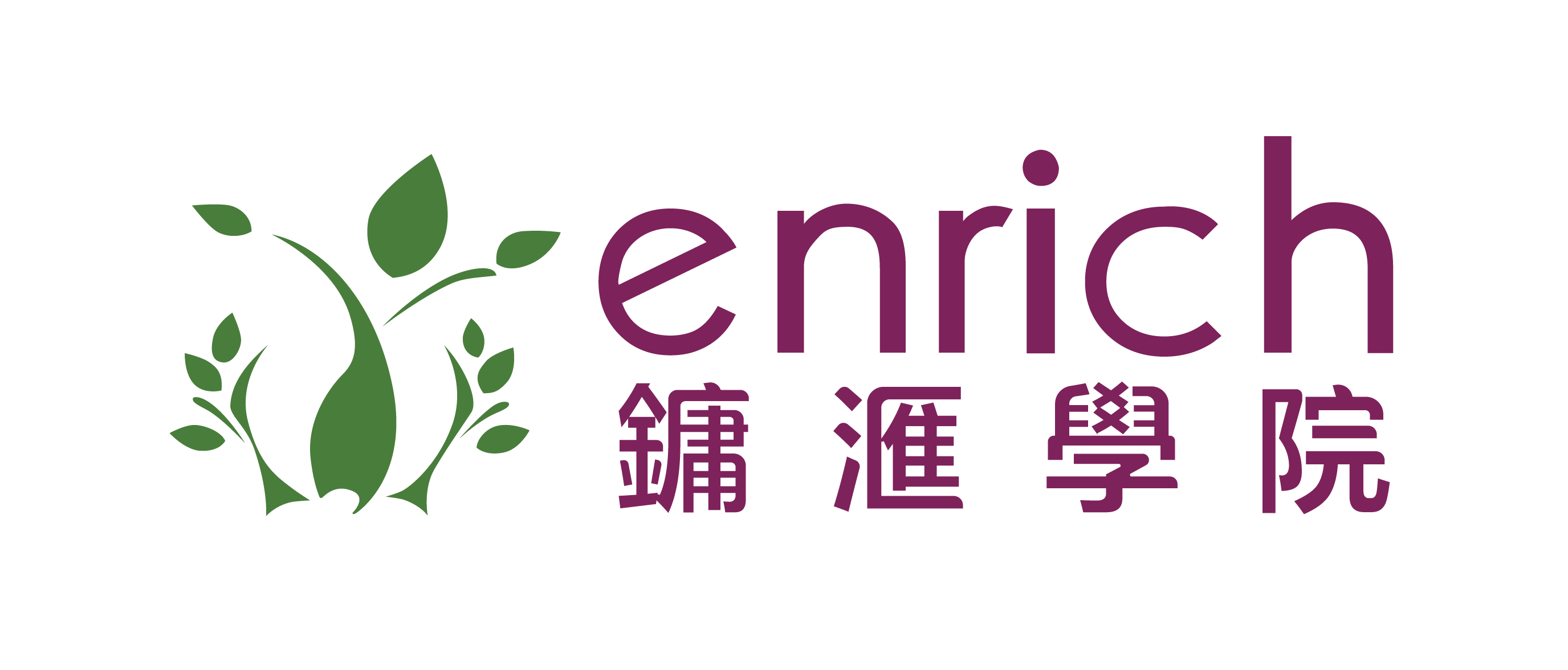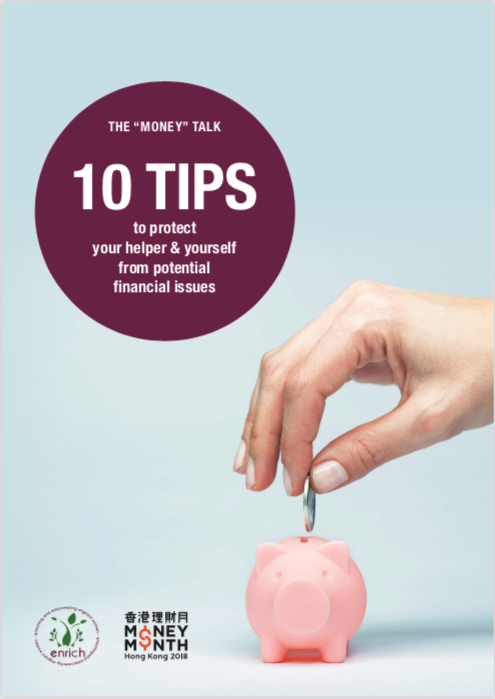
Why do domestic workers accept loans with such high interest rates?
Often, domestic workers sign high interest loans because they have no choice, or maybe because they don’t know whether the interest rate is actually high/legal or not.
With no access to formal credit (bank loans) in Hong Kong, they often need to borrow from money lenders in Hong Kong.
According to the Money Lenders Ordinance, borrowers can legally be charged up to 48% of annual interest on a loan by licensed money lenders. If it can be proven that they are a high risk borrower, they can be charged up to 60% of annual interest.
Also, money lenders make loans very easily accessible to migrant domestic workers in Hong Kong. Basic requirements are employment contracts and HKID. If they are good borrowers, they may be invited by these loan agencies to renew their contracts and apply for another loan. This could be very tempting to the workers, whether or not they really need the money. In our experience, many domestic workers only focus on the monthly repayment amount and underestimate the significance of the interest rate, often because they may not know how the calculations work.
If they have an existing loan with a money lender or if they’re not eligible to borrow for some reason, some domestic workers might turn to unlicensed money lenders or individuals to borrow money. In these instances, they can often be charged extremely high monthly interest rates (e.g. 20% per month) and might even be asked to provide their passports as collateral (which is illegal).
Very often, domestic workers might see borrowing money as the only solution to urgent financial needs - financial education can equip them with the tools to plan in advance and prevent these situations from occurring.
A 2017 impact study by the Chinese University of Hong Kong found that following our workshops, there was a 40% decrease in Enrich participants who reported taking on loans without first having a repayment plan. Learn more about our impact.





